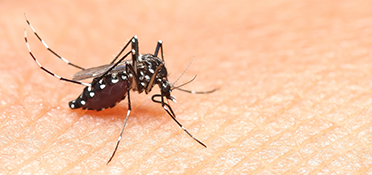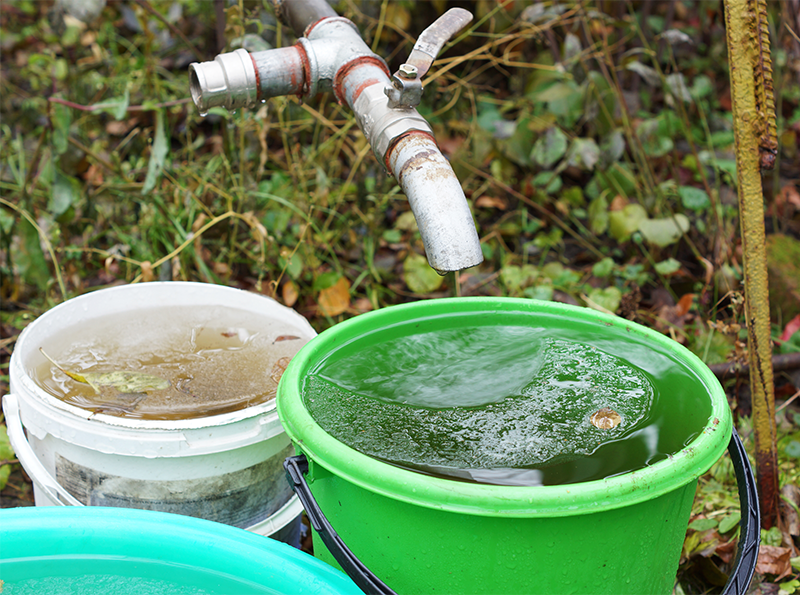 Fever, rash, joint-pain and red eyes – these are symptoms of the Zika virus, which was declared an international public health emergency by the World Health Organization. Because it is a mosquito-borne virus, our tropical climate puts us at risk and the Centers for Disease Control and Prevention has drafted a Zika response plan.
Fever, rash, joint-pain and red eyes – these are symptoms of the Zika virus, which was declared an international public health emergency by the World Health Organization. Because it is a mosquito-borne virus, our tropical climate puts us at risk and the Centers for Disease Control and Prevention has drafted a Zika response plan.
According to the report, pregnant women are particularly of concern. Microcephaly, a birth defect in which a baby is born with an abnormally small head, has occurred in the children of pregnant women infected with the Zika virus. It has also been linked to cases of Guillain-Barré syndrome, a nerve disease in which the immune system attacks nerve cells, causing muscle weakness and, in some cases, paralysis.
It has been less than a year since the island of Hawaii was considered to be at risk of mosquitos infected with dengue fever. In preparation for a similar situation, the University of Hawaii’s John A. Burns School of Medicine is importing samples of the Zika virus to test a vaccine being developed by their Department of Tropical Medicine, Medical Microbiology and Pharmacology.
Virus or not, mosquitos are unpleasant visitors to have around the house. To protect yourself from mosquito bites, follow these tips to eliminate breeding sites:
 • Change standing water at least twice a week in bird baths, potted plants, fountains, and animal troughs.
• Change standing water at least twice a week in bird baths, potted plants, fountains, and animal troughs.
• Clear storm drains and other outdoor drains of leaves and lawn cuttings.
• Do not over water your plants or yard, and do not leave standing water in yard or paved areas.
• Clean clogged gutters to allow proper drainage.
• Spread out mulch so water does not collect in fallen leaves.
• Use larvicide (available at your local garden center) to kill mosquitos in ponds and water-filled ditches.
• Repair torn window and door screens and keep attic vents closed.
• Empty pool covers and tarps.
• Place toys and open containers under cover.
• Empty anything that holds standing water like tires, wheelbarrow, and trash cans.
• Fix leaky outdoor faucets and sprinklers.
Also remember these simple steps to protect yourself and your family and friends from mosquito bites:
• Apply insect repellent when you’re outdoors (follow directions carefully).
• Wear long pants, long sleeve shirts and socks when in a potential mosquito breeding site.
• Avoid going outdoors at dawn and dusk when mosquitos are most active.
The State’s Department of Health Disease Outbreak Control Division has committed to investigate any reported Zika virus cases on all islands. If you are concerned that you may have related symptoms, it is recommended that you contact your healthcare provider.




